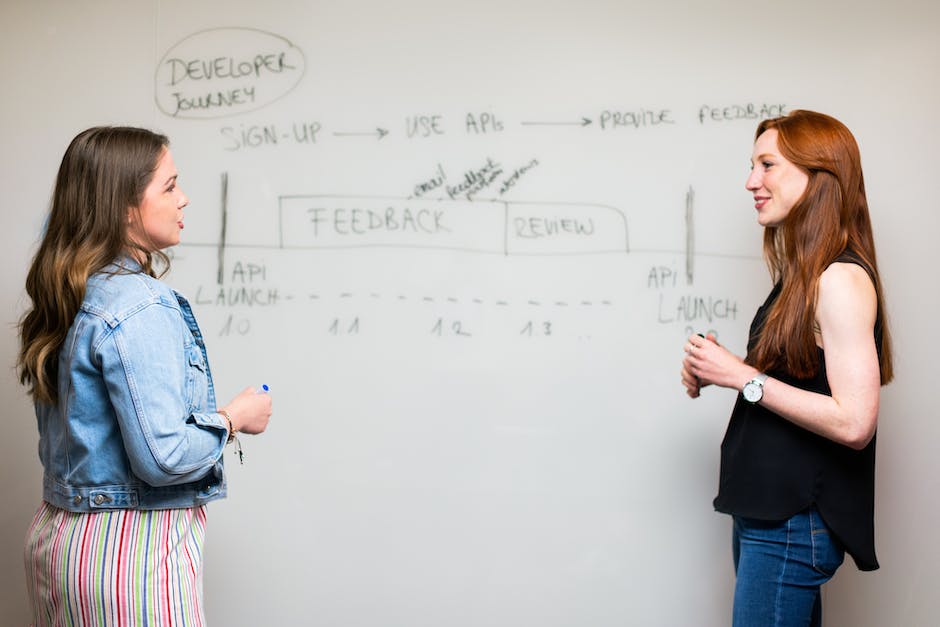When a hobby becomes a job

Transforming a hobby into a job is a dream for many, yet it comes with its own set of challenges and rewards. Let's delve into the journey of turning passion into profession, exploring the highs, the lows, and everything in between.
Marian Bull’s therapist told her to get a new hobby—one completely isolated from her work
She signed up for a ceramics class after seeing the items her friend was making in it
- Making ceramics on the wheel is incredibly hard to learn, and at first Marian was discouraged
- She struggled to make pieces, didn’t realize that pieces shrink in the kiln, and found glazing to be messy
- Marian’s failure felt different than failures at work because ceramics is an art of delayed gratification and takes patience
- Because the struggle was small and pressure-free, Marian came to enjoy it
- Marian increased the number of sessions she attended and began spending around $200 a month on ceramics. She was committed and curious, and established goals independent of external influences.
Hobbies are defined by their relationship to work
Post-industrialization—something “productive” to do with free time
- 19th-century middle class—brought capitalist philosophies of the workplace to the home, as a return to preindustrial labor
- Marian began posting her work on Instagram. Her favorite piece to make was mugs, and people started to ask to buy them. She began selling for $35-$40
- She felt like a fraud, but it felt stupid to turn down people who wanted to cover her expenses
- Some hobbies can be difficult to monetize, but not mug-making. She knew it would be inevitable, and people started commissioning mugs
- She made a website and introduced more structure and formality to her business. At some point, she lost her job to her hobby, but she didn’t care. Her hobby became her source of revenue
- She enjoyed and craved late nights at the studio, but side hustles are fetishized, and hobbies can become an obligation under the guise of leisure
Some people have fought against this fetishization
Example—RC turning to sculpture after a career in graphic design
- Quit her job to focus on her work. Draws from her Taiwanese American culture and 2000’s nostalgia
- At first, she didn’t want to sell her work, but she eventually caved
- Pushes against monetization culture by only creating what she wants, not what the demand is
- The struggle for Marian—there is tension between what she wants to make and what is in demand
- Attempting to portion a segment of her work that is just for her, and emphasizing rest/relaxation

